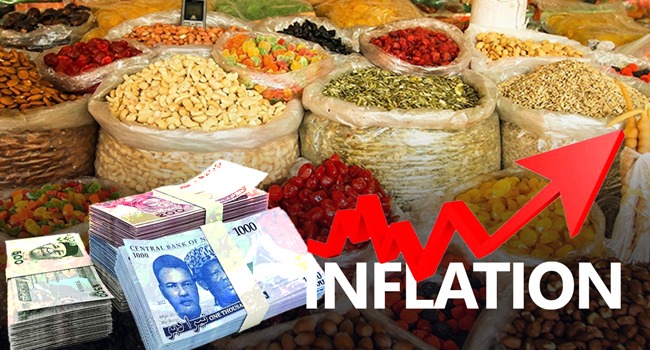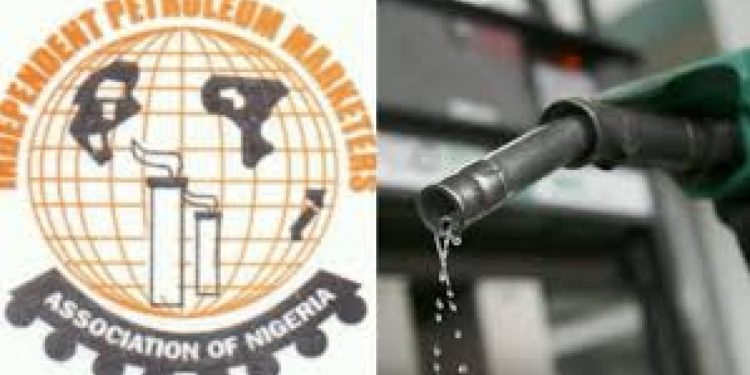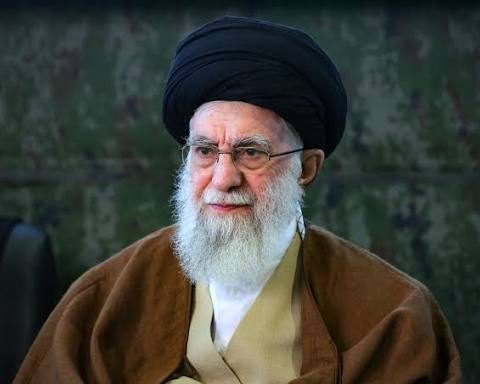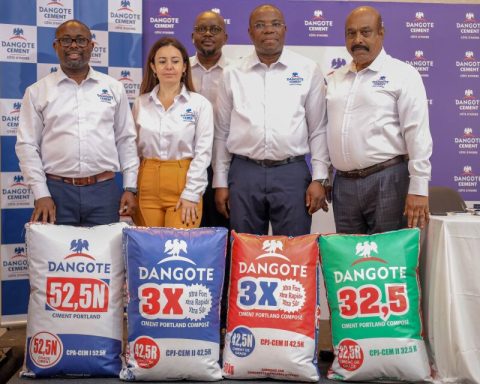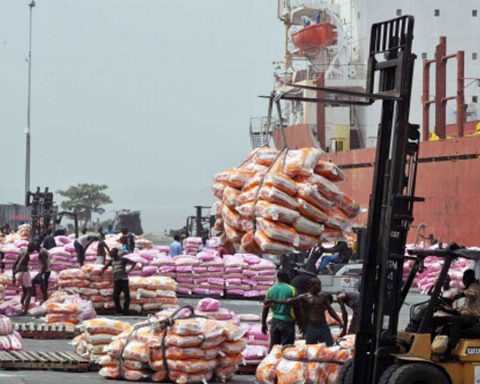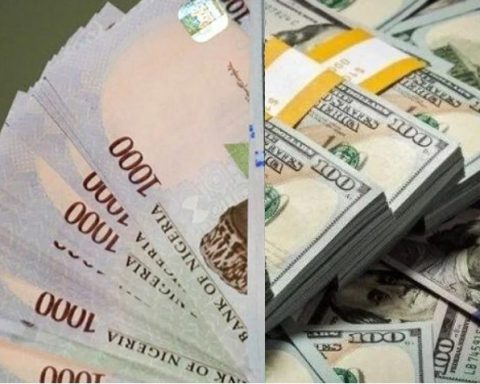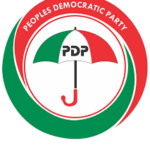Nigeria’s Economic Challenges Under Tinubu Administration
As Nigeria marked 64 years of independence, President Bola Tinubu delivered a speech outlining the current administration’s efforts to revive the economy. The speech highlighted foreign investments, the country’s foreign reserves, and debt management strategies. However, the road ahead is far from smooth, with ongoing challenges in attracting foreign direct investment (FDI) and tackling debt accumulation.
Tinubu’s Push for Foreign Direct Investment: A Gamble?
During his speech, President Tinubu proudly declared that his administration had attracted foreign direct investments worth $30 billion in one year. He stated, “Thanks to the reforms, our country attracted foreign direct investments worth more than $30 billion in the last year.” However, it is crucial to note that this figure represents signed agreements, not actual funds flowing into the country. These promises are expected to materialise over the next five to eight years.
Join our WhatsApp ChannelWhile the $30 billion figure is impressive, the current state of FDI in Nigeria tells a different story. Between the second quarter of 2023 and the first quarter of 2024, only $448.95 million of FDI entered Nigeria, accounting for a mere 7.31% of total foreign investments. The larger chunk of foreign capital comes from hot money, such as Treasury bills and foreign loans, which may boost liquidity but are not sustainable in the long run.
To encourage more stable foreign investments, the Tinubu administration must address several critical barriers. As the President himself noted, “For Nigeria to attract FX, most especially in the form of FDI, there is a need to disincentive divestments in the oil and gas sector as well as manufacturing; reduce investor apprehension about the Nigerian business environment; tackle insecurity, regulatory bottlenecks, and infrastructural deficits; and ensure structural barriers to foreign capital inflows are beaten.”
Foreign Reserves: A Glimmer of Hope Amid Economic Uncertainty
One of the bright spots in the Tinubu administration’s economic agenda is the management of Nigeria’s foreign exchange reserves. When the President took office in May 2023, the reserves stood at $35.14 billion. By September 2024, they had risen to $38.05 billion, despite the government using reserves to clear a significant portion of the forex backlog.
“We inherited a reserve of over $33 billion 16 months ago. Since then, we have paid back the inherited forex backlog of $7 billion… Despite all these, we have managed to keep our foreign reserve at $37 billion,” President Tinubu stated in his address.
However, questions remain about the completeness of these payments. According to the Central Bank of Nigeria (CBN), only “valid claims” have been settled, which suggests that some obligations may still be outstanding. In addition, while 98% of trapped airline funds have been cleared, the backlog of other sectors may persist.
Despite these concerns, the steady increase in foreign reserves offers some optimism for Nigeria’s economic future, but maintaining this upward trend will require continued fiscal discipline and effective reforms.
READ ALSO: President Tinubu Appoints 7 Executive Directors For NTA
Debt Management: Securitisation as a Double-Edged Sword
A significant portion of Tinubu’s speech focused on Nigeria’s debt situation, particularly the management of ways and means (W&M) advances. The President’s predecessor ballooned these advances from less than 1 trillion naira in 2015 to over 30 trillion naira by the time Tinubu took office. The current administration has securitized this debt, meaning it has been converted into long-term securities that will be repaid over 40 years at lower interest rates.
President Tinubu emphasized this move in his speech: “We have cleared the ways and means of debt of over N30 trillion.” However, this statement does not fully reflect the situation. While the debt has been securitized, it has not been repaid. The securitization process means Nigeria will be repaying the debt over the long term, but the country still faces the burden of managing interest payments.
One positive development is the reduction in the country’s debt service-to-revenue ratio, which has dropped from a staggering 149.5% in 2023 Q1 to 74.3% in 2024 Q1. The President attributed this improvement to the hike in fuel prices and the depreciation of the naira, as well as the restructuring of debt. Tinubu said, “We have reduced the debt service ratio from 97 percent to 68 percent.”
Nevertheless, the risk of Nigeria reverting to a high debt service burden remains. Without further reforms, Nigeria may find itself once again spending the majority of its revenue on debt repayments, leaving little room for critical investments in infrastructure and social services.
Challenges and the Road Ahead: Can the Tinubu Administration Deliver?
The economic challenges facing the Tinubu administration are significant, but they are not insurmountable. To ensure the promised $30 billion in FDI materialises, Nigeria must implement structural reforms to create a more attractive business environment. This includes addressing insecurity, improving infrastructure, and removing regulatory bottlenecks.
At the same time, debt management must remain a priority. While securitisation has provided temporary relief, Nigeria must continue to pursue fiscal discipline and seek concessional loans instead of commercial ones. Only through careful planning and sustained reforms can the country avoid a future where its entire revenue is consumed by debt repayments.
Ultimately, the success of the Tinubu administration’s economic agenda will depend on its ability to strike a balance between attracting foreign investments and managing the country’s debt burden. As Nigeria looks to the future, the choices made today will shape the economic landscape for years to come.






